Sport
Dollar
38,2552
0.34 %Euro
43,8333
0.15 %Gram Gold
4.076,2000
0.31 %Quarter Gold
6.772,5700
0.78 %Silver
39,9100
0.36 %Domestic violence against female athletes has been simmering but the growing cases – including deaths - has now brought it to light.
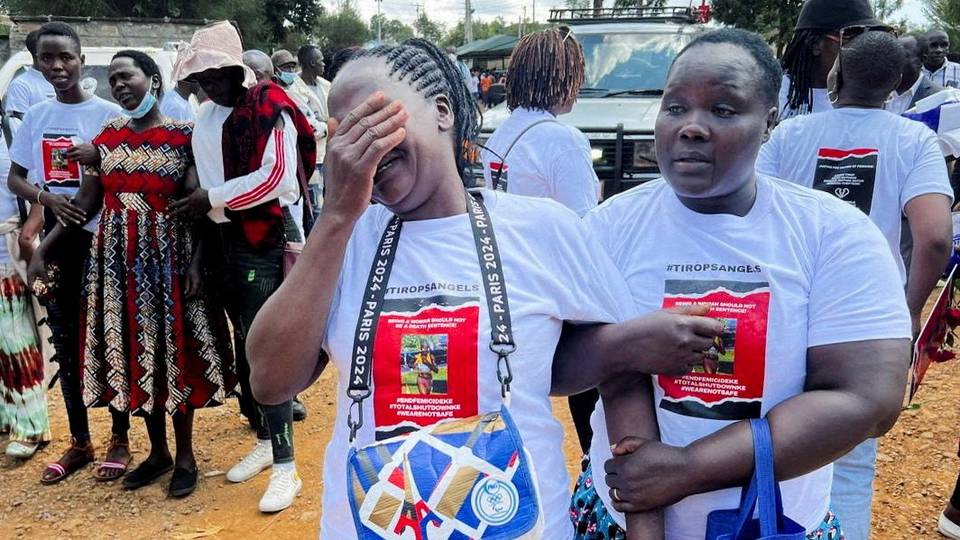
By Emmanuel Onyango
For some female runners in Kenya, crossing the finish line and winning prizes and performance bonuses in international competitions marks the beginning of their domestic problem.
The grand triumphs televised to audiences across the world mask the physical and emotional abuse that awaits them home by their intimate partners.
It’s a longstanding problem in the sport that has simmered underground in the East African nation, but the growing stream of stories – including deaths - has now brought it to light.
“It's a big issue that needs to be addressed nationally. It's very complicated and it is very difficult to address,” Barnaba Korir, who was the deputy head of Kenya’s team at the Paris Olympics, tells TRT Afrika.
Domestic violence is particularly prevalent in Kenya. At least 30% of women have experienced physical or sexual abuse in the country, with married women being the most vulnerable, according to a national survey.
Some of the abuses also take the form of subtle controlling behaviour and being made to do things you do not want to, it added.
“It’s not as simple as it may look to (sports) audiences out there. It is a big problem in our athletics, and an urgent approach is needed to resolve it,” athletics coach Caroline Kwambai tells TRT Afrika, drawing from her years of witnessing the careers of young female athletes cut short because of abuse and interference by their partners.

Cheptegei murder
This month's murder of Kenya-based Ugandan athlete Rebecca Cheptegei is the latest striking case of how off-track affairs have led to major career consequences for female athletes.
Neighbours at her home in Trans Nzoia county have narrated how the 33-year-old Cheptegei ran out of her house on fire after being doused with petrol and set ablaze allegedly by her former partner as her two daughters watched.
The attack was allegedly linked to an altercation over a piece of land. She died days later from her injuries. Her partner, who was accused of setting her on fire, also died from burns he suffered during the incident.
The long-distance runner had just resumed training in western Kenya after competing at the recent Paris Olympics where she finished 44th in the women’s marathon.
She was the third female athlete to be killed in Kenya since 2021 in incidents linked to gender violence.

“It was part of a pattern. As a country we have normalised domestic violence and in many cultures it is believed that it is a sign of love to batter your wife,” human rights campaigner, Immaculate Shamala, tells TRT Afrika.
In April 2022, Kenyan-born Bahraini athlete Damaris Mutua's decomposing body was found in a rental house in Iten - a town famous for a training centre for long-distance runners.
An autopsy found she was strangled. The authorities identified her Ethiopian boyfriend as the main suspect.
The previous year, record-breaking runner Agnes Tirop was stabbed to death at her home. Her husband is facing murder charges, which he denies.

World fame and wealth
Success on the tracks attracts fame and fortune, and makes female athletes defy traditional roles in Kenyan culture. But they also become vulnerable to financial exploitation and abuse by intimate partners.
“Here is the genesis. When an athlete from the rural area shines, she would meet a person who offers to assist her in training or pacesetting and then over time the man becomes a husband or a coach,” athletics coach Boniface Tiren tells TRT Afrika.
“From there he begins to isolate her from friends and family and eventually the female athlete lives under some sort of duress. All her earnings start being controlled by her husband,” he adds.
When the athlete’s attempts to exert more control over her career and finances, the physical abuse begins or escalates, he adds.
Athletics Kenya says it has been traveling to villages and training camps to educate young women about domestic abuse and financial literacy.
There have been many success stories but the worrying cycle of violence still continues.
“It is a very difficult issue to deal with because of its domestic nature. We can separate the couple (to safe houses) but immediately after that they will reconcile and say they do not want external interference on their affairs,” says Korir, who is also the Athletics Kenya Youth Development Coordinator.

Femicide victims
In January, demonstrators marched through major towns across the country to protest against femicide following a spate of brutal killings of over a dozen women within weeks. Campaigners said many cases go unreported because of a culture that promotes domestic abuse.
Authorities are often accused of not acting decisively on reports of abuse until actual violence is committed.
The motivation to remain complacent in the face of abuse is even greater for sportswomen who are keen on avoiding the spotlight to protect their careers and privacy.
“This is the embarrassment that makes most of them not talk about abuse,” Shamala observes.
Activists say sports agents and Kenyan sports federations have a higher responsibility to female athletes beyond just raising awareness on domestic abuse. They want the education efforts to include alternatives to how sports women can protect their economic rights from abusive partners.
“There are many women who have successful careers in athletics but their men took all the wealth. Sportswomen should be educated on issues of making deals, endorsements and told that it is fine to invest in their own names without including their partner,” Shamalla adds.
➤Click here to follow our WhatsApp channel for more stories.
Comments
No comments Yet








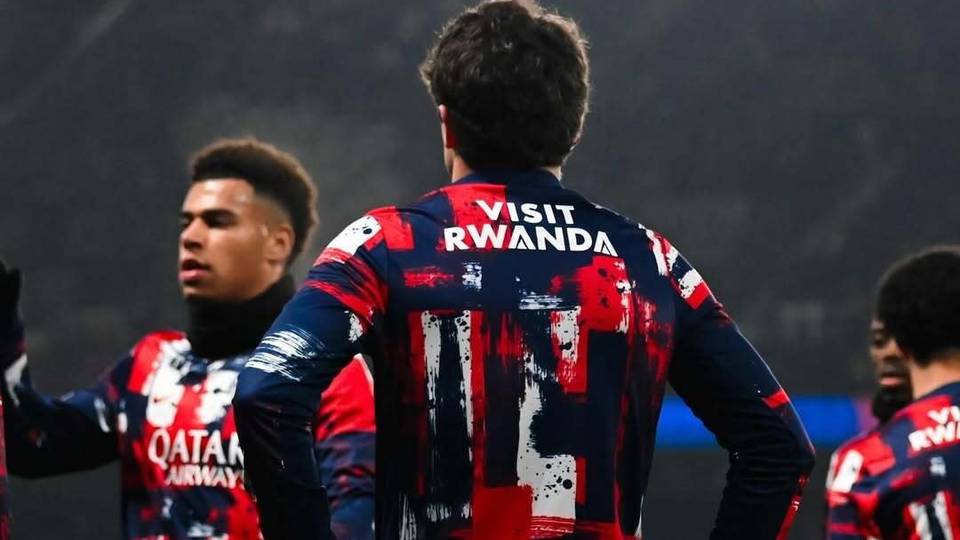
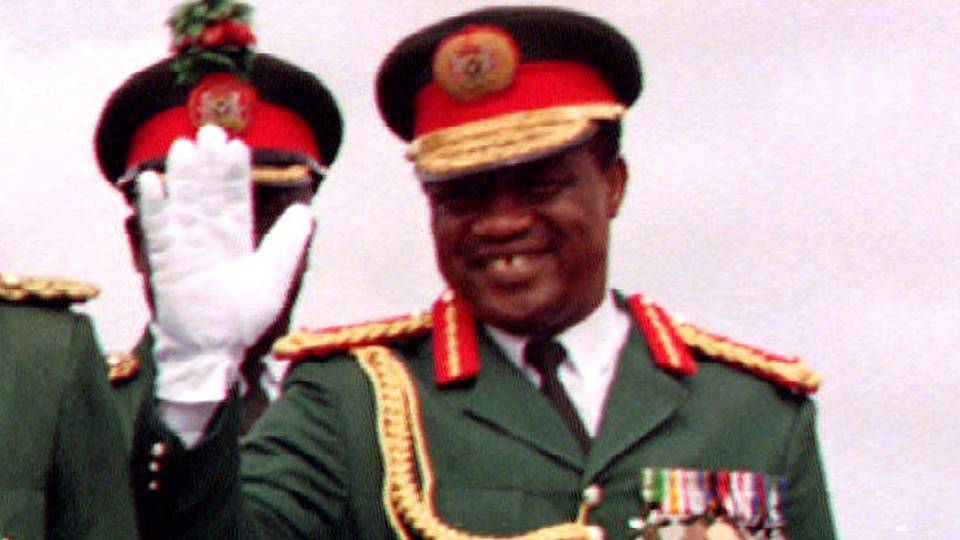
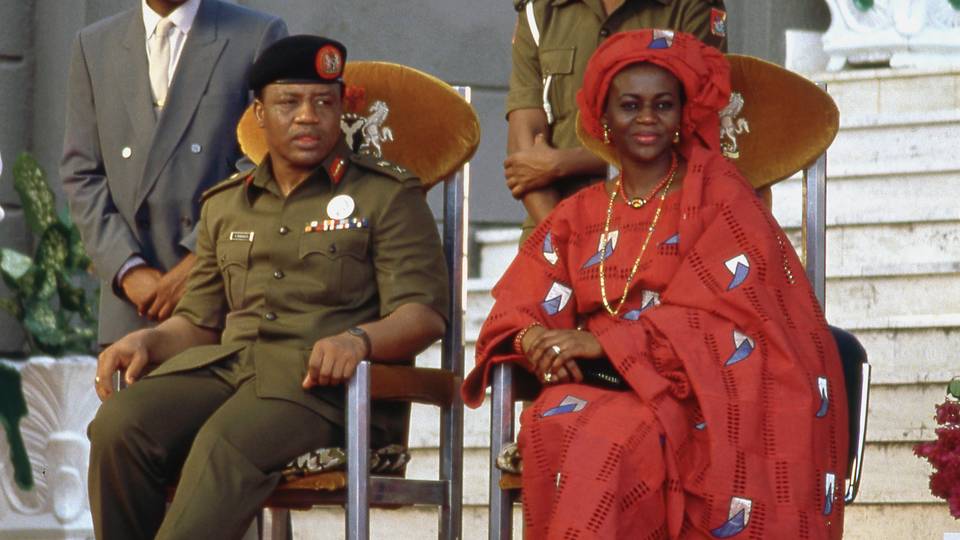
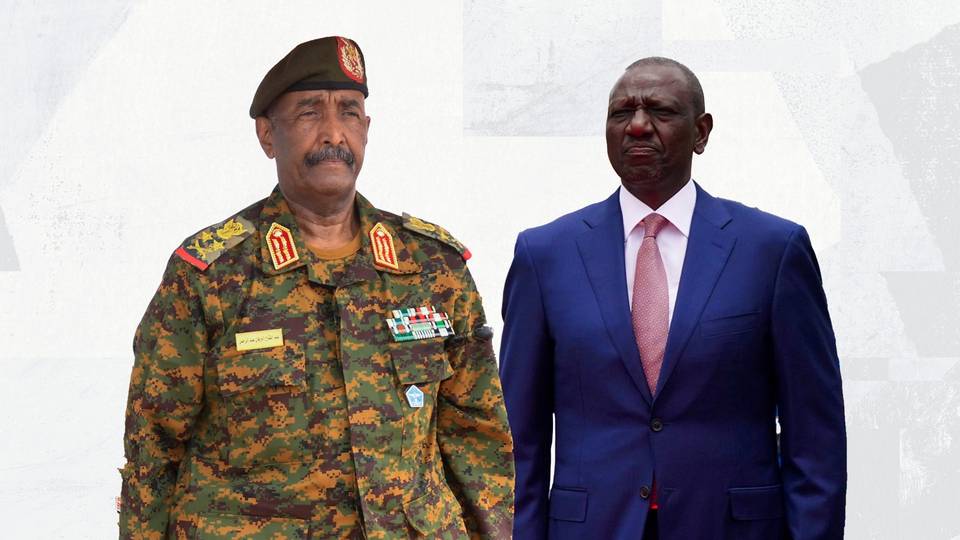








Comment